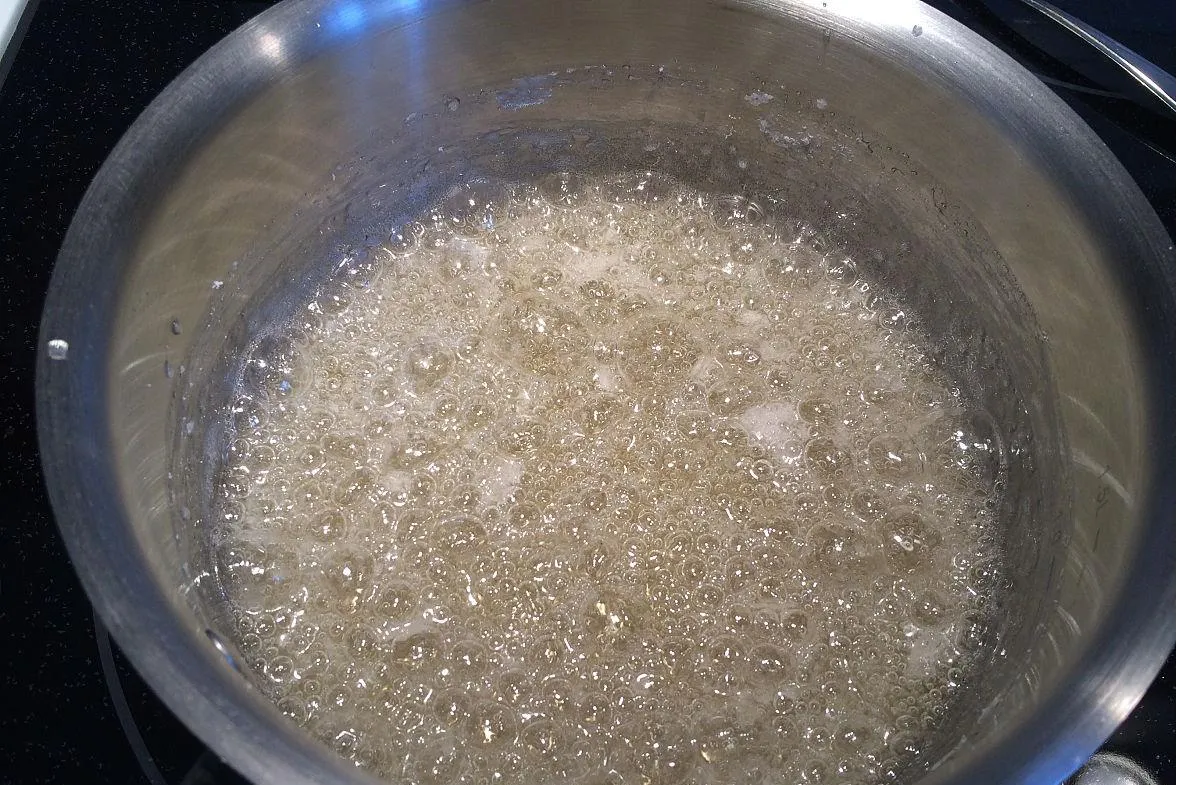
Exploring Defoaming and Anti-Foaming Agents: From Wholesale Gypsum Set Retarder XYSJN1 to Coolant Applications
Understanding Anti-Foaming Agents and Defoaming Solutions
Foam is an unavoidable issue in many industrial and manufacturing processes. Whether it forms during chemical reactions, mixing operations, or high-speed fluid movements, excessive foam can disrupt workflows, lower efficiency, and even damage equipment. To counter these challenges, industries rely on anti foaming agents and defoaming agents to suppress or eliminate foam effectively.

What Is an Anti Foaming Agent?
An anti foaming agent is a chemical additive designed to prevent foam formation in liquids. When foam has already formed, a defoaming agent breaks the bubbles apart and releases trapped air. These agents are critical in applications ranging from food production to heavy industry.

Key Types of Anti-Foaming and Defoaming Agents
Silicon antifoaming agent
Silicone-based agents, such as polydimethylsiloxane, are highly efficient in suppressing foam due to their ability to spread quickly over liquid surfaces. They are widely used in wastewater treatment, paints, and detergents.
Organic anti foaming agent
These are plant-based or biodegradable additives that provide environmentally friendly foam control, ideal for food processing or pharmaceutical applications.
Natural defoaming agent
Derived from natural sources like vegetable oils or waxes, these agents are safe for use in food-grade environments.
Specialty blends
These include combinations of silicones, mineral oils, and hydrophobic particles for high-performance applications in industrial systems.
Wholesale Gypsum Set Retarder XYSJN1: A Dual-Function Additive
In construction, additives like wholesale gypsum set retarder XYSJN1 play a vital role in controlling the setting time of cement and gypsum-based materials. Interestingly, this additive often incorporates foam-control properties to ensure a smooth, uniform mixture during mixing and pouring, avoiding air pockets that weaken structural integrity.
Industrial Applications and Uses of Anti-Foaming Agents
Anti Foaming Agent Uses Across Sectors
The versatility of anti foaming agent uses makes them indispensable across many industries:
Food and Beverage: Organic anti foaming agents and natural defoaming agents are essential for preventing foam during boiling, fermenting, and bottling processes.
Pharmaceuticals: Foam in fermentation tanks or liquid drug formulations is suppressed using FDA-approved defoamers.
Coolant Systems: Foam in coolant fluids can impair heat transfer and damage equipment. Adding an anti foaming agent for coolant prevents such issues.
Paints and Coatings: Foam control ensures smooth application and a flawless finish.
Water Treatment: Foam in wastewater disrupts aeration and treatment efficiency, requiring silicon antifoaming agents or other chemical defoamers.
Silicon and Organic Anti-Foaming Agents: Choosing the Right Solution
Silicon antifoaming agents excel in high-temperature, high-shear environments such as chemical manufacturing or oil refining.
Organic anti foaming agents, being biodegradable, are suited for industries requiring “green” certifications.
For construction materials, incorporating wholesale gypsum set retarder XYSJN1 not only optimizes setting time but also improves flowability by minimizing foam.
FAQs About Anti-Foaming and Defoaming Agents
What is wholesale gypsum set retarder XYSJN1, and why is it used in construction?
Wholesale gypsum set retarder XYSJN1 is an additive used to delay the setting time of gypsum and cement mixtures. It also helps control foam during mixing, ensuring a smooth, air-free final product that improves structural strength.
What is the difference between a silicon antifoaming agent and a natural defoaming agent?
A silicon antifoaming agentis synthetic and ideal for high-temperature, industrial environments, while a natural defoaming agent is plant-based and preferred for food-grade or environmentally friendly applications.
How is an anti foaming agent for coolant beneficial in automotive systems?
Foam in coolant fluids reduces heat transfer and can cause air locks or cavitation damage. Adding an anti foaming agent for coolantprevents these problems, ensuring smooth engine and machinery operation.
What are common anti foaming agent uses in industrial applications?
They are used to control foam in wastewater treatment, food and beverage processing, pharmaceutical manufacturing, chemical production, and metalworking fluids.
Why choose an organic anti foaming agent over a synthetic one?
An organic anti foaming agentis biodegradable and safer for sensitive environments. It’s ideal for food, cosmetics, and applications where eco-friendly certifications are required.
The Importance of Foam Control in Modern Manufacturing
Foam control is a critical component in maintaining product quality, process efficiency, and regulatory compliance. Whether you’re using a silicon antifoaming agent in wastewater treatment, a natural defoaming agent in food processing, or a wholesale gypsum set retarder XYSJN1 in cement mixing, selecting the right product ensures consistent results.
By understanding the wide range of anti foaming agent uses, manufacturers can reduce downtime, minimize defects, and meet environmental standards. Investing in the proper defoaming agents not only protects your systems but also drives overall operational success.
-
Hydroxypropyl Starch as a Sustainable Construction AdditiveNewsNov.24,2025
-
The Gelation Properties of CMCNewsNov.21,2025
-
Redispersible Latex Powder and Water Retention CapacityNewsNov.21,2025
-
Dosage Control for Polycarboxylate Water ReducerNewsNov.21,2025
-
Film-Forming Properties of Polyvinyl AlcoholNewsNov.21,2025
-
The Function of Gypsum Additives in MortarNewsNov.21,2025





















